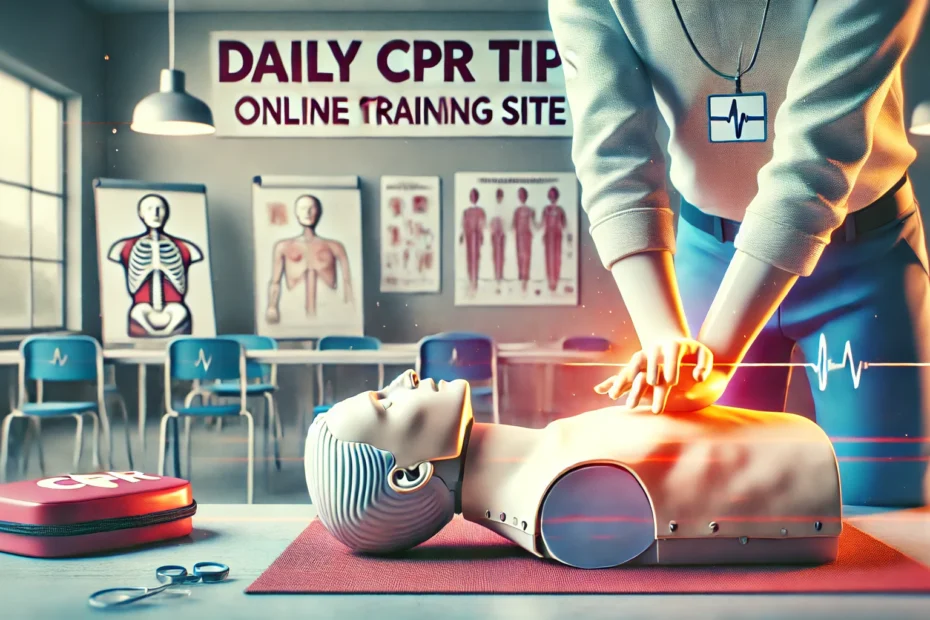Understanding the potential outcomes when Cardiopulmonary Resuscitation (CPR) fails can be crucial for everyone from medical professionals to average citizens who may one day find themselves in a situation where they need to perform this life-saving procedure. It’s a common misconception that CPR always works, but unfortunately, that’s not the case.
CPR, an emergency procedure designed to restore blood flow and oxygen to the brain during a cardiac arrest, is not always successful. Let’s delve into what happens when CPR fails and how it impacts both the patient and those involved in the resuscitation process.
One of the realities when CPR doesn’t work is that the individual experiencing a cardiac arrest may die. The failure of CPR could stem from various factors such as the severity of the person’s condition, delay in starting CPR, or improper technique. Death after unsuccessful CPR can be distressing to bystanders or medical professionals who attempted to revive the patient.
Another possible outcome is brain damage due to extended periods without adequate blood flow and oxygen reaching the brain. This can result in long-term disabilities that might require extensive rehabilitation.
The emotional toll on those who administered failed CPR should also not be underestimated. They may experience feelings of guilt or helplessness over their inability to save a life despite their best efforts. It’s essential for these individuals – whether they’re healthcare professionals or civilian first-responders – to seek support following such traumatic experiences.
Remember, though unsuccessful outcomes can occur, CPR still remains an essential tool in our fight against sudden cardiac arrest. Training and knowledge are critical elements ensuring we give victims the best chance at survival.
Lastly, while we get better at administering effective CPR through training and practice, research should also continue on alternative techniques and technologies that could potentially improve survival rates following cardiac arrest.
In conclusion, understanding what happens when CPR fails goes beyond simply acknowledging mortality. It also involves understanding the emotional and psychological implications, and advocating for improved training, research, and support systems to increase successful outcomes..
